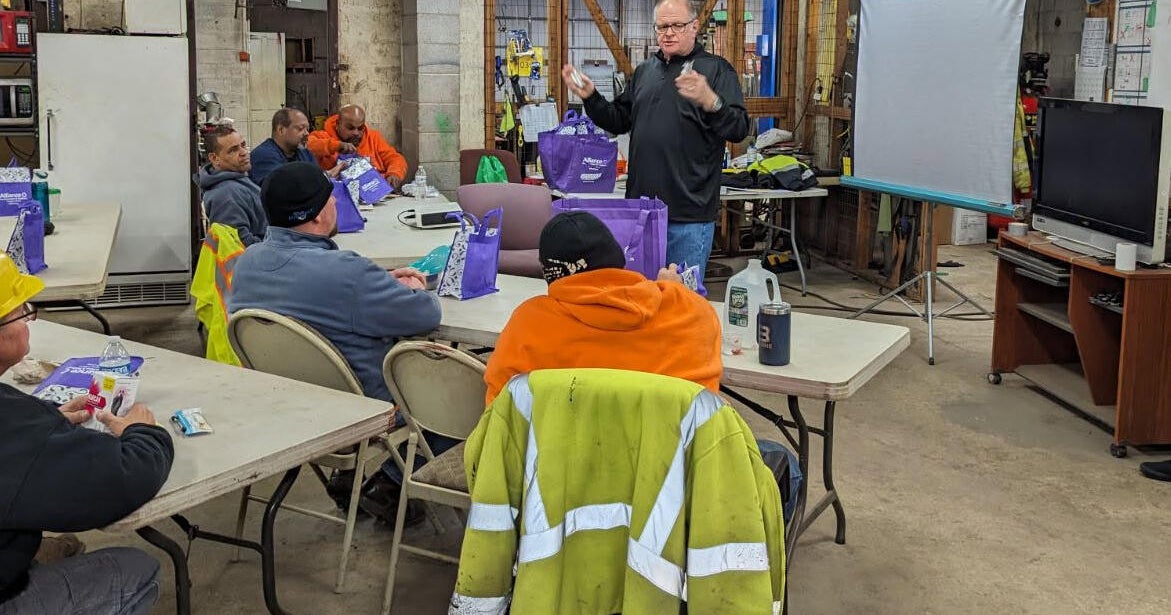Fear Factor: ICE Raids Prompt Patients to Avoid Vital Medical Care, Doctors Warn

ICE Raids Spark Healthcare Hesitation: A Growing Concern for Doctors
A chilling trend is emerging in the healthcare landscape: patients, particularly within immigrant communities, are increasingly hesitant to seek medical attention due to fears of encountering Immigration and Customs Enforcement (ICE) agents. This concerning development, highlighted by doctors across the nation, is directly linked to the heightened immigration enforcement efforts of the Trump administration and subsequent policies.
The core issue isn't necessarily the fear of deportation itself, but the perceived risk of being identified and targeted while accessing essential healthcare services. Many undocumented immigrants and those with mixed immigration statuses are living in constant anxiety, and even routine doctor's visits can trigger apprehension. This fear is not unfounded; reports of ICE activity near or even within healthcare facilities have fueled these anxieties.
The Impact on Public Health
The consequences of this reluctance to seek care are far-reaching and detrimental to public health. When individuals delay or avoid medical treatment, conditions can worsen, leading to more serious and costly health problems down the line. This not only affects the individual's well-being but also places a strain on the healthcare system as a whole. Preventable illnesses can escalate into emergencies, requiring more intensive and expensive interventions.
Furthermore, avoiding healthcare can contribute to the spread of infectious diseases within communities. Undiagnosed and untreated conditions can become sources of transmission, impacting the health of everyone, regardless of immigration status. The interconnectedness of public health necessitates that everyone has access to care without fear of reprisal.
Doctors' Concerns and Ethical Dilemmas
Doctors are deeply concerned about this situation and the ethical dilemmas it presents. Their primary responsibility is to provide care to all patients, regardless of their immigration status. However, the climate of fear and the potential for ICE involvement create a significant barrier to fulfilling that responsibility.
Many physicians are advocating for policies and practices that protect patients from immigration-related concerns. This includes hospitals and clinics adopting “no-questions-asked” policies regarding immigration status, ensuring that healthcare professionals are trained to address patients' fears, and actively communicating with community organizations to dispel misinformation.
Looking Ahead: Protecting Access to Healthcare
Addressing this crisis requires a multifaceted approach. It's crucial to restore trust between immigrant communities and healthcare providers. This can be achieved through clear communication, advocacy for protective policies, and a commitment to creating safe and welcoming healthcare environments.
Ultimately, ensuring access to healthcare for all is a matter of public health, human rights, and basic decency. The fear of ICE raids should never be a barrier to receiving the medical care needed to live a healthy and productive life. Continued vigilance and advocacy are essential to protecting the health and well-being of vulnerable populations.
Disclaimer: This article is for informational purposes only and does not constitute legal advice. Consult with an immigration attorney for guidance on specific immigration matters.






